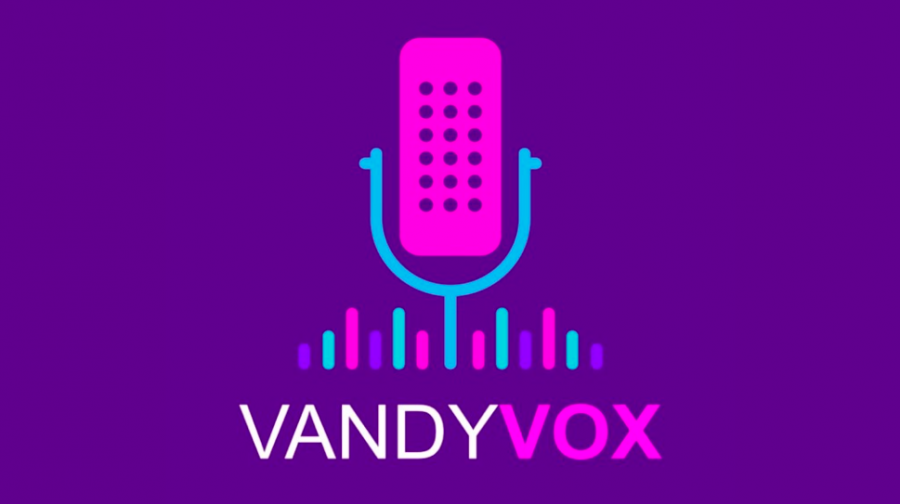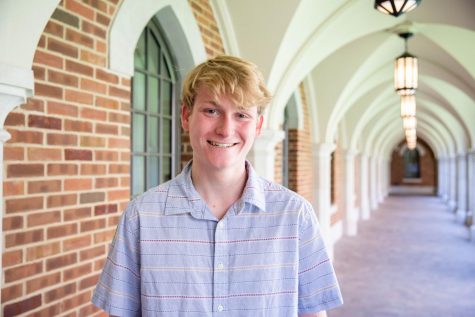Over the past decade, podcasts have taken the nation by storm. Whether it be the true-crime thrillers like Serial or the comic internet personalities of H3H3 and Tiny Meat Gang, students everywhere have been turning to audio for their online entertainment. More recently, podcasts have been making their way into the academic world as well. Vanderbilt’s Center for Teaching Director Derek Bruff noticed that many faculty were beginning to integrate podcast assignments into their courses, and came up with the idea to curate student audio into a “podcast of podcasts.” This idea became the Vandy Vox podcast, a collection of curricular and cocurricular student audio projects.
“It’s not like we have some version of Soundcloud that Vanderbilt runs that students can put their stuff on,” Bruff said. “So I thought, what if we could just curate a bit?”
Bruff teamed up with Student Media to get his idea off the ground. He reached out to several of his faculty connections to see what kind of audio students were producing, and found some brilliant works and assignments. This current season features everything from a sci-fi short stories to studies on Maureen Watkins’s experiences that lead to the musical Chicago. Bruff believes that audio offers a unique and exciting medium for students to learn outside of the typical assignments of exams and research papers.
“Once you shift over to a podcast, students had an imagined audience that was not the professor. It motivates students to explain things better, to be more effective communicators, to convey your points in ways that are accessible and persuasive,” Bruff said.
The idea of VandyVox is to showcase students producing rather than consuming knowledge. Audio not only gives the student the motivation of an imagined audience, but the autonomy to create pieces with topics and mediums that they want. Bruff thinks that there is incredible potential in production-based education, and audio is an excellent medium to start that process at Vanderbilt.
“A lot of these students-as-producers projects involve really open-ended assignments where students can go in lots of different directions, there’s something to say,” Bruff said. “There’s a space for students to have a voice and a perspective.”
Bruff believes that VandyVox’s ultimate goal inspire both students and faculty to work towards integrating podcasting and all production-based education by showcasing what some courses have already accomplished. The episode’s varying topics demonstrates that students can produce audio on any subject, bringing the production mindset to all of Vanderbilt’s schools and studies. He hopes the podcast will continue to expand to include more fields and perspectives in the seasons to come.
The latest episode of VandyVox features an audio documentary from HOD student Layla Shahmohammadi. The project follows her internship with Conexión Américas, a program for fostering community and opportunities for immigrant families in Nashville. She discusses with her coworkers about their identities and perspective in working with the organization. Season 1 will continue to be released in the weeks to come and Season 2 will be out later this year. You can stream this and all of VandyVox’s other episodes on iTunes, Podomatic and their website.
If you would like to showcase your own audio work on VandyVox, you can reach out to Bruff through his email, derek.bruff@vanderbilt.edu.



